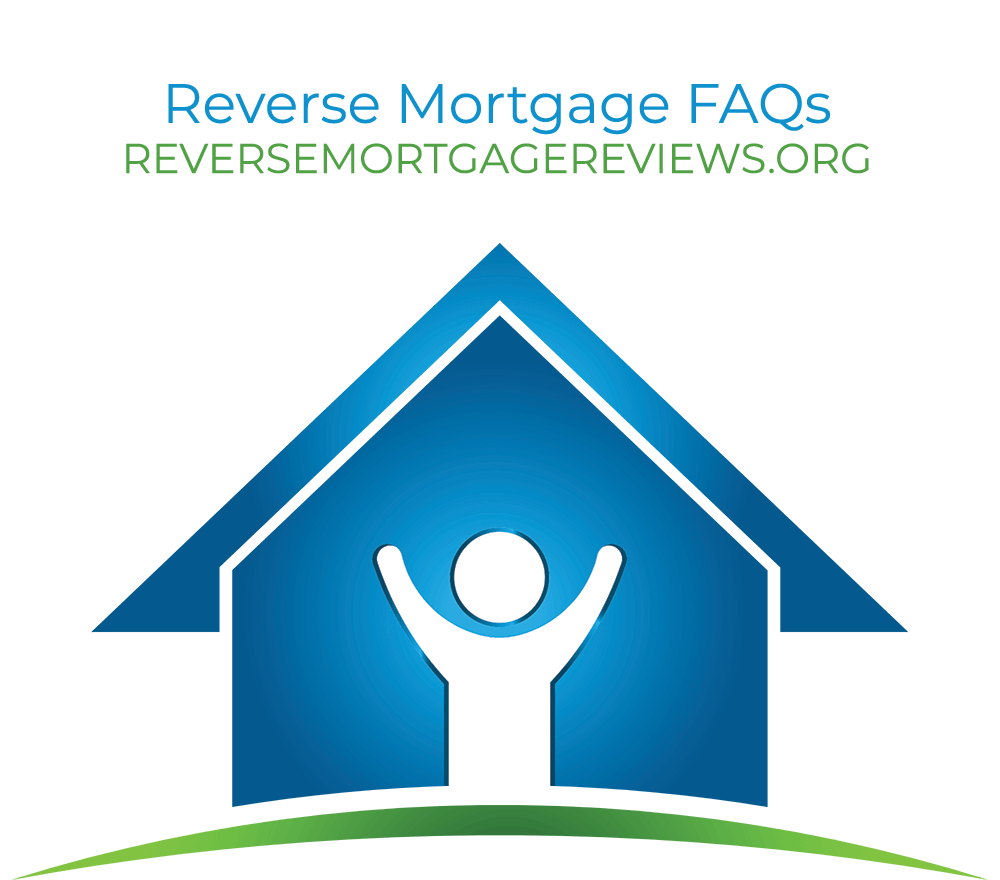
Q.
What is a reverse mortgage?
A.
A
reverse mortgage is a loan insured by the federal government that allows you to convert a portion of the equity you have built up in your home into tax free single lump sum disbursement, line of credit or monthly payout.
Q.
Will the bank own my home?
A.
No, you will still be the sole owner of your home. The bank will not own your home when you take out a reverse mortgage.
Q.
What is the point of taking out a reverse mortgage?
A.
Americans are living longer than ever, and many are not prepared for the costs that come along with living longer. If you are
62 or older and have sufficient equity in your home, you can convert the equity into funds to use to pay for anything from long-term care costs or debt to home renovations to make aging in place more accessible.
Q.
Is a reverse mortgage safe?
A.
Yes, the home equity conversion mortgage (HECM) reverse mortgage is
insured by the FHA – Federal Housing Administration.
Q.
What qualifications do I need to meet?
A.
To qualify for a reverse mortgage, you must be 62 or older, have no mortgage balance or have a low mortgage balance that can be paid off with proceeds from the loan. You must live in the home as your primary residence.You must go through a financial assessment that helps determine you are financially stable enough to pay for property charges like taxes.
Additionally, you must complete reverse mortgage counseling from a HECM counselor before you are approved for the loan.
Q.
What types of homes qualify?
A.
You must live in either a single-family home or a two to four-unit home, one unit of which you are living in. There are some circumstances where the Department of Housing and Urban Development (HUD) will approve some condominiums and manufactured homes for a reverse mortgage if they meet FHA requirements.
See HUD’s website for details.
Q.
How much money will I get?
A.
Q.
What happens to my estate if I use up all the equity?
A.
When the loan becomes due and payable, your heirs will be responsible for paying it off, usually with the sale of the home. If there is home equity remaining after the loan is paid off, your heirs will inherit it.
Q.
How do I receive the payments?
A.
There are several payment options: lump sum, term, or tenure payments, or a line of credit. The options can also be combined under some circumstances.
Q.
How is a reverse mortgage different than a home equity line of credit?
A.
A home equity line of credit (HELOC) can be frozen or changed at the lender’s discretion, but if you have an adjustable-rate HECM and choose the line of credit option, you will never have that taken away as long as you adhere to the terms of the loan.
Q.
Can the lender take away my house?
A.
If you do not adhere to the loan terms, such as keeping up with taxes on your home, insurance, or if you let the house fall into disrepair, the loan can go into default and potentially become due and payable.
Q.
How do I choose a reverse mortgage lender?
A.
Q.
What if I want to move after taking a reverse mortgage?
A.
If you want to move before you apply for a reverse mortgage, there is a reverse mortgage for purchase option where you can use the proceeds from a reverse mortgage to purchase a new home. Otherwise, if you want to move and already have a reverse mortgage the loan will become due and payable.
Q.
When do I have to pay the reverse mortgage back?
A.
If you move out of the home, the loan will become due and payable. Other situations where the loan would become due and payable include if you are not keeping up on insurance, taxes, or other home payments, or when the last borrower in the home passes away.
Q.
What happens if my home is worth less than the amount due when the loan comes to term?
A.
If the loan becomes due and payable but the proceeds of the home sale do not cover the loan amount, which could be the case if your home depreciates in value, the government mortgage insurance would kick in and cover the difference.You nor your heirs would be responsible for paying back more than the home is worth at the time of sale.


